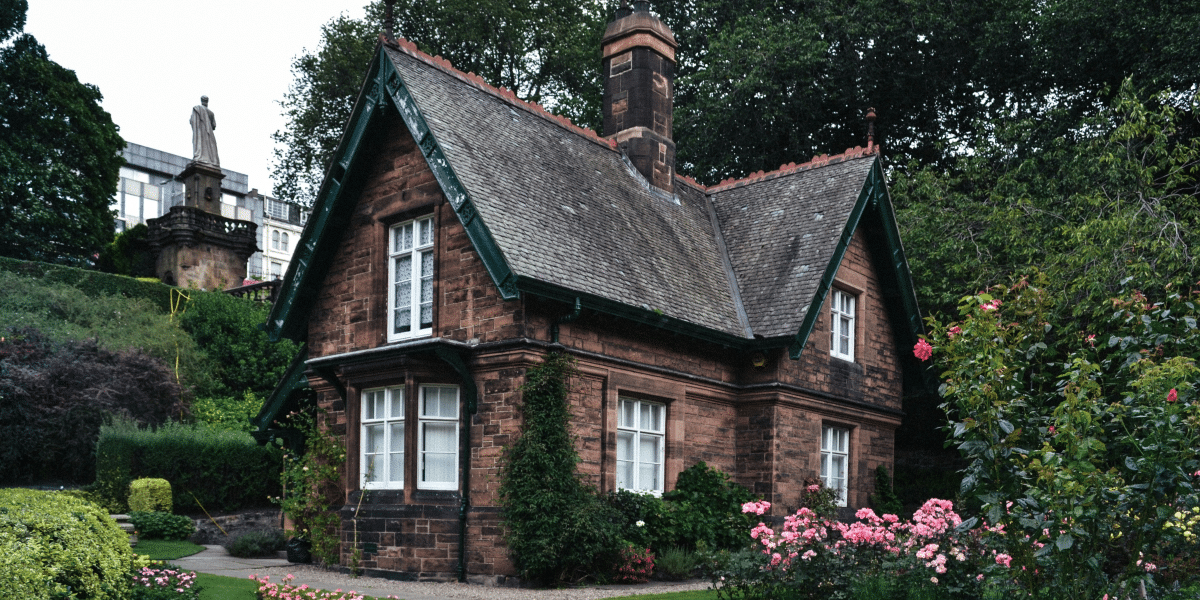Understanding the dynamics of house flipping in Wilmington can provide meaningful insights into the real estate market and broader economic trends. With its growing neighborhoods and population, Wilmington offers a fruitful ground for real estate investments, particularly in the flipping sector. Investors are drawn to this market due to its potential for high investment returns, supported by the city’s development in commercial and residential spaces.
Tim Neathery’s key tips to succeeding in this venture are thorough market analysis, strategic acquisition, effective renovation management, and adept marketing strategies. Each phase of the flipping process, from identifying the right property and securing financing to renovation and the eventual sale, requires meticulous planning and execution.
House Flipping in Wilmington
House flipping involves purchasing properties, boosting their value through renovations, and selling them at a profit. This investment plan has gained traction across various U.S. cities, and Wilmington, NC, is no exception. The city’s growing economy and vibrant real estate market make it an appealing spot for investors looking to capitalize on the opportunities presented by house flipping. Wilmington’s appeal is further bolstered by its scenic beachfront and historic districts, which continue to draw potential homebuyers.
In Wilmington, the reasons to consider house flipping go beyond the aesthetic charm of its neighborhoods. Economic indicators reveal a gradual increase in property values and rental rates, suggesting a stable and healthy market. This is ripe for investors who can leverage properties’ relatively lower entry costs compared to larger metropolitan areas. As investors take advantage of these conditions, they contribute to revitalizing neighborhoods and spurring local economic growth.
The success of a house flipping venture in Wilmington doesn’t just hinge on market conditions; it also reflects the investor’s strategic approach. Successful individuals often look beyond profit calculations, focusing on opportunities to foster community development and enhance home buyer satisfaction.
Exploring Wilmington’s Real Estate Landscape
Wilmington’s real estate scene offers a range of neighborhoods, each with unique characteristics that appeal to various buyer preferences. From the historic charm of the downtown river district to the family-friendly atmospheres of suburban communities like Pine Valley and Monkey Junction, the city caters to a broad spectrum of lifestyles and budgets. This diversity not only attracts a wide array of buyers but also provides multiple opportunities for house flippers to find properties that can be transformed to meet rising demands.
Wilmington’s economic and market trends further highlight the potential for real estate investments. With a steady influx of new residents drawn by job opportunities in sectors such as healthcare, education, and film production, the demand for housing continues to grow. This upward trend is complemented by the development of commercial infrastructures, such as shopping centers and office spaces, which enhance the overall attractiveness of the area.
Preparing for House Flipping
Before entering Wilmington’s market, aspiring house flippers must take a series of foundational steps. These include ensuring compliance with local regulations and understanding the financial landscape. Engaging with experienced attorneys and accountants who specialize in real estate can provide crucial guidance on these fronts. Additionally, securing financing requires a thorough analysis of various options, from traditional bank loans to more creative routes like partnering with investment groups or tapping into private funding.
Building a robust network is equally critical. Establishing relationships with dependable contractors who can execute renovations efficiently and cost-effectively is essential. Similarly, connecting with local real estate agents who deeply understand the market can lead to insights into under-valued properties and emerging neighborhood trends.
Property Acquisition and Financing
Securing the right property is the cornerstone of successful house flipping. In Wilmington, savvy investors often look for undervalued homes in neighborhoods with high growth potential. This involves thorough market research and swift action when opportunities arise. Financing these acquisitions can vary, with options ranging from conventional mortgages and home equity loans to more innovative solutions like crowdfunding or hard money loans. Each financing approach carries its own set of implications for the profitability and timeline of the project, making careful selection critical.
Renovation Management
Once a property is acquired, the focus shifts to renovation. Effective management of this phase is crucial to maximize the property’s value without overspending. In Wilmington, successful flippers often prioritize updates that appeal to the broadest audience, such as modernizing kitchens and bathrooms, improving energy efficiency, and enhancing curb appeal. These improvements can significantly increase the home’s marketability and sale price. Effectively managing the budget while maintaining high work standards can differentiate between a modest return and a highly profitable property flip.
Marketing and Selling the Property
The final step in house flipping involves marketing and selling the renovated property. In Wilmington, effective marketing strategies might include staging the home to highlight its premier features and hosting open houses to attract potential buyers. Additionally, digital marketing campaigns may extend reach and attract interest from beyond the local area. Timing the sale to align with favorable market conditions can significantly impact the final sale price, making listing dates and pricing strategies crucial for maximizing returns.
Published by: Nelly Chavez
















